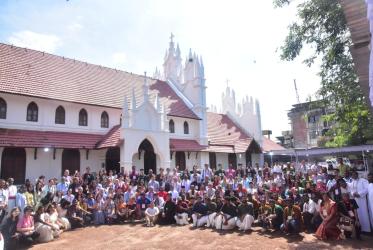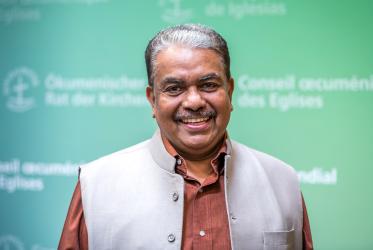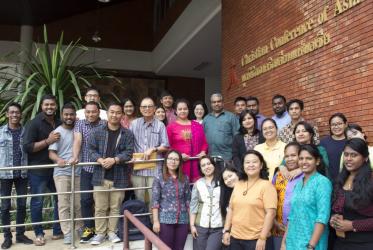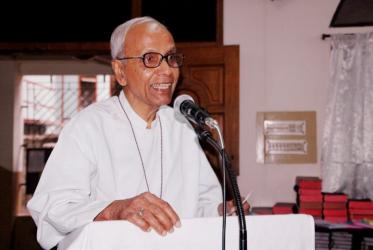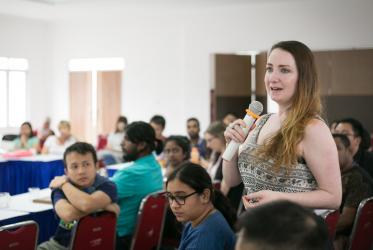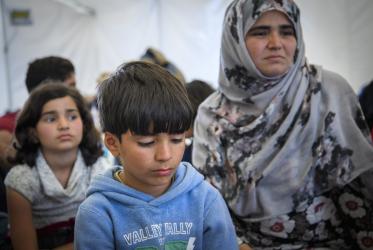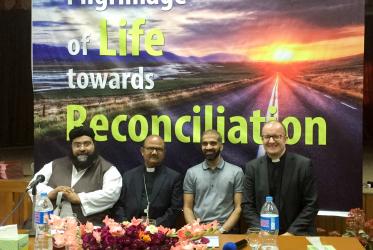Displaying 1 - 20 of 26
02 November 2023
Ecumenical Asia's 15th General Assembly looks to emerging challenges
26 September 2023
CCIA meets in Brisbane with focus on Pacific regional priorities
19 February 2020
WCC pilgrimage turns its eyes to Asia
04 March 2019
WCC “receives with joy” verdict which resolves case of Asia Bibi
01 November 2018
In the ecumenical movement to stay
26 April 2018
Aiming for unity within diversity in Asia
20 April 2018
“I can do things better back home”
30 August 2017
WCC expresses sorrow in wake of attack on Muslim shrine in Pakistan
17 February 2017
Religion: Way of war or path to peace?
30 June 2016
Church of Pakistan hosts Muslims, Christians
23 March 2016
Momentum builds for ban on nuclear weapons
16 December 2014
